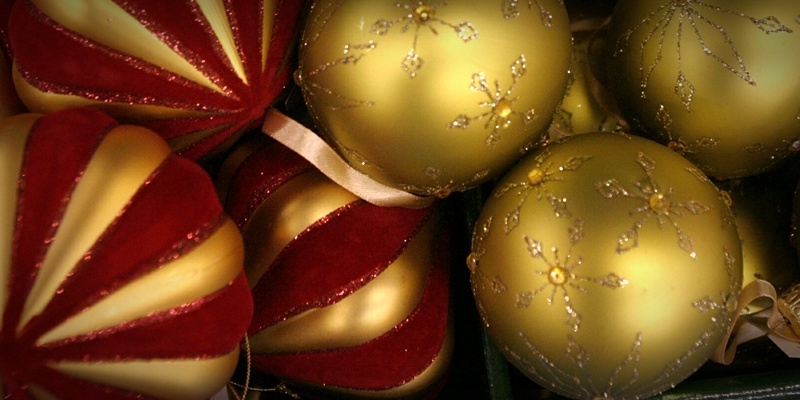On the first day of Christmas my true love gave to me a particular political conscience but no presents as far as I can see?
On the day the countdown really began, as thousands of excited young and not so young folk opened the first door on their advent calendar, a St Andrews University academic said ’tis the season to be political.
According to a study into the meaning of Christmas by a researcher at the university, most Britons subscribe to the ”Victorian reinvention” of Christmas as a family-friendly affair.
However Dr Stephen Holmes says the season of goodwill should be just as much about challenging economic exploitation and political oppression as it is about unwrapping gifts.
”Our modern view of Christmas is largely a Victorian invention and bears little resemblance to the story as told in the gospels.
”The Christmas story is intensely political, with St Matthew and St Luke focusing their sights on firm questions of economic exploitation, imperial oppression, social stigma and petty tyranny,” he said.
”The depoliticisation of Christmas in contemporary culture is therefore strange and inappropriate.”
In his study, Dr Holmes examined data that asked the public what they thought Christmas was about.’Political unrest’The overwhelming majority (83%) said they thought the festive season was ”about spending time with family and friends.”
Three in five (62%) said it was ”a time when we should be generous to people less fortunate than ourselves.”
However, he was surprised to discover that only one third thought it was ”a time when we should challenge poverty and economic injustice.”
Only one fifth said it was ”a time when we should challenge political oppression around the world.”
Dr Holmes believes the majority of British people fail to grasp the true meaning of Christmas and that the story of the birth of Jesus was ”a political event, through and through.”
”The stories of the birth of Jesus offer a picture of the world in which politics affects the domestic life of ordinary families at every turn Mary and Joseph are only in Bethlehem because of a census intended to regularise taxation records, they rapidly become asylum seekers in Egypt, fleeing oppression by the local political authority, King Herod.
”More than that, however, the Biblical stories of the birth of Jesus are set at a time of political unrest.
”Palestine at the time has fairly recently been occupied by Rome, and resentment and talk of revolution are everywhere.’Justice and freedom’He added: ”Our celebration of Christmas should therefore be political also.”
The study was commissioned by the think-tank Theos, which offers research and commentary on issues of religion, ethics and society.
Director Elizabeth Hunter said: ”Christmas is undoubtedly a time for family and for generosity.
”But it should also be a moment when we hear and attend to the Bible’s message of justice and freedom for all.
”The gospel writers repeatedly emphasise the political implications of the birth of Jesus, implications to which we have become deaf.
”However, in this year above all, in which we have seen the Arab Spring and worldwide economic protests, we should listen carefully to the true political message of the Christmas story.”
